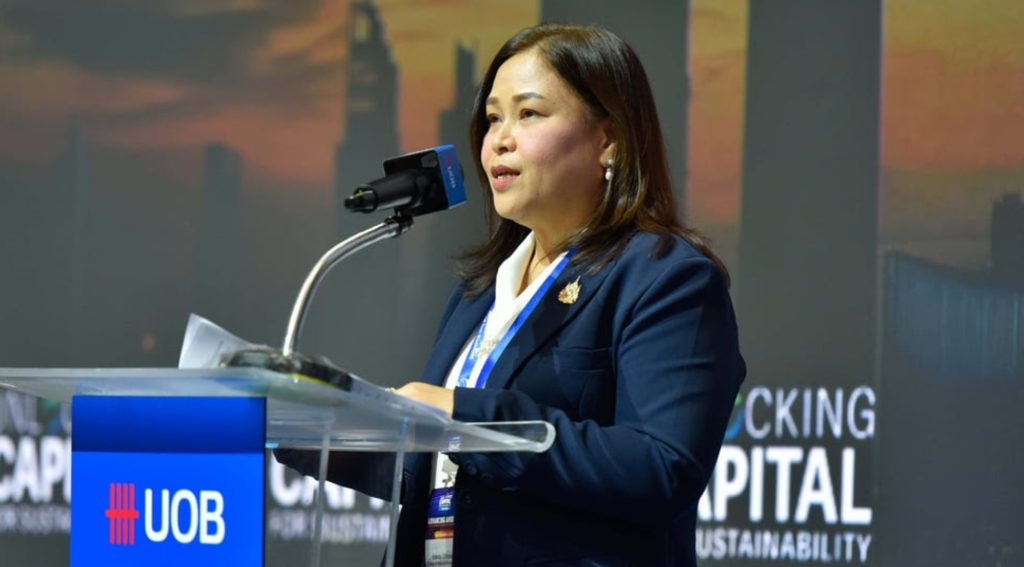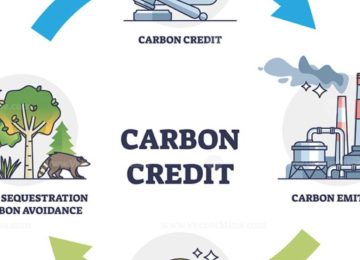Top decision-makers at a recent sustainability conference in Bangkok stressed that private sector engagement and cross-sectoral integration are urgently required for Thailand to meet its sustainable development goals (SDGs).
The Southeast Asian nation, which ranks 43rd globally on the SDG index, needs a significant financial push, requiring an estimated $22 billion to $28 billion annually in climate investments between 2030 and 2050 to achieve its targets. The conference emphasized that without bold public-private partnership models across energy, manufacturing, and agriculture, the country risks falling short of its crucial climate and biodiversity goals.
Cross-sectoral integration:
The government, through the Office of Natural Resources and Environmental Policy and Planning (ONEP), affirmed its commitment to working with the private sector.
The agency has been actively pursuing partnerships to drive progress in areas like green energy, biodiversity conservation (SDG12), and climate adaptation.
“We fully recognize that achieving sustainability requires cross-sectoral integration. This is why we have remained committed to seeking partnership at every level,” said Kanda Chookaew, Deputy Secretary General, ONEP, highlighting the agency’s active engagement with major Thai corporates like EGAT, PTT, Toyota, and Nestlé to promote biodiversity.
Balancing profit and green growth:
The Thailand Board of Investment (BOI) is taking a lead role in ensuring that sustainability is integrated into the national economic growth strategy. By embedding sustainability and the Bio-Circular-Green (BCG) Model into its five-year investment promotion strategy, the BOI is actively facilitating private capital into green sectors.
“BOI and the private sector are working hand-in-hand to build a balance between growth and sustainability. Public-private partnerships are expanding investments in renewable energy, the electric vehicle ecosystem, and smart manufacturing,” said Tanita Sirisup, Senior Executive Investment Advisor, BOI, adding that unlocking capital for sustainability drives innovation and creates inclusive prosperity.
Decarbonization and supply chain challenge:
Financial institutions are focusing on innovative solutions to bridge the funding gap, particularly in tackling complex supply chain emissions for large corporations.
“Large corporations in Thailand have made commendable progress in reducing their carbon footprint, but supply chain decarbonization remains a complex challenge… We are committed to supporting industries in their transition to a low-carbon economy. Through strategic partnerships and a combination of financial and non-financial solutions, we help companies across the value chain accelerate their decarbonization strategies,” said Chow Wong Yuen, Chief Sustainability Officer, United Overseas Bank (Thai) PCL.
The forum concluded by stressing that a public-private partnership is the catalyst needed to transition the economy toward climate resilience.













